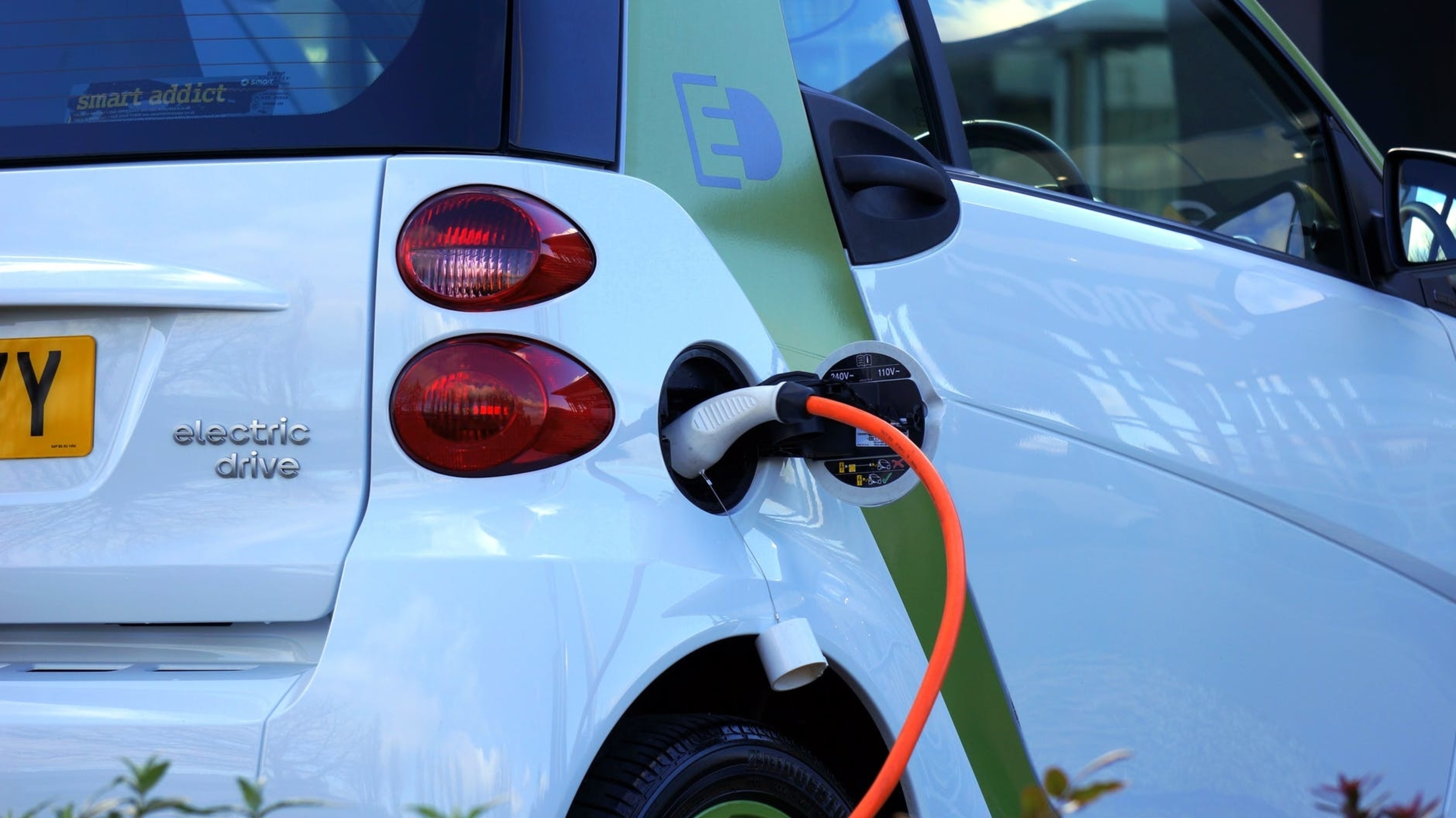The idea of using electricity for transport sparked way back in 1832, but it wasn’t until the 1870s that people considered electric cars’ practicability. However, even in 2010, German automakers called Elon Musk’s Tesla “a joke that can’t be taken seriously”. They were in for a huge surprise, though. Global sales for electric cars skyrocketed by 43% in 2020, despite the pandemic restrictions being implemented. In light of this, the future seems bright for EVs, and here are its top trends for 2021.
Post-Pandemic Might See an Increased Demand for EV
Not everyone will be readily shifting back to public transport when the pandemic is over. In fact, people are expected to invest more in personal modes of transportation for fear of contact transmission. By the time this worldwide health crisis has been completely eradicated, humans will have grown accustomed to driving electric cars, sealing their position in the automobile industry.
EV Startups are Growing In Numbers
It’s not only big auto companies like Volkswagen, BMW, and Porsche that are investing funds in electric vehicle production. Owing to Elon Musk’s success, dozens of upcoming investors and entrepreneurs are now looking for ways to venture into the EV business. There’s already a growing list of contending names, such as Lucid, Fisker, and Xpeng. All these are made possible by large manufacturers offering open-source EV platforms and an ‘off-the-shelf’ option to create cars. As a result, the production of electric vehicles is expected to increase in 2021.

Focus in Infrastructure
Electric cars already seem to be catching up or gaining the upper hand against combustion vehicles when it comes to convenience. But it doesn’t come without flaws. Although a single fully charged Tesla Model S can cover up to 300 miles, it still has a long way to go due to the limited availability of charging stations. One can never know where they’ll run out of electricity. EV companies plan to counter these drawbacks by planning to build more charging stations in 2021. There are even proposals to include charging as a service in shopping malls to cater to thousands of electric car owners daily.
EV Growth Varies by Region
Stricter emission laws have dramatically boosted the growth of the EV industry in Europe. According to statistics, the sales for 2019 have increased by 44%, with BEV sales enjoying a 70% growth rate, thanks to three models: Tesla Model 3, Audi e-Tron, and Hyundai Kona. Meanwhile, even though the US has seen a steady increase in Tesla car sales in 2020, other EV models, such as Chevrolet Volt, fell by 14,000 units. Honda Clarity sales also decreased by 8,000 units. As stated earlier, the market will either suffer a boost or a setback when the government starts to loosen COVID-19 regulations. Contrary to the US, China’s EV market has significantly decreased when the pandemic hit, with sales dropping down by 57%. However, the extension of tax exemptions for NEVs and the government’s investment in setting up more charging infrastructure might help the EV industry spring back to life.
Tesla on the Works for a 25,000 Electric Car
In the current situation, the only reason not more people are buying electric vehicles is because they’re basically luxury cars. A brand-new Tesla Model S costs about $85,000. That’s primarily because of lithium-ion batteries, which are pretty expensive. At present, engineers at Tesla are diligently looking for ways to halve their vehicles’ price tag and cater to the general public. Elon Musk stated that his company will be genuinely committed to this idea through 2021 and promises to deliver a $25,000 EV by 2023/2024. If this comes true, it might spell the beginning of the end of the fossil fuel car era.

Governments are Putting in Effort
With the increasing damage being done to the Earth’s atmosphere, governments are looking for ways to improve the living conditions of future generations. UK announced that it had accelerated the fossil fuel ban from 2035 to 2030, causing most car companies to consider or shift to EV production. As for America, President Biden is keen on encouraging green campaigns and eco-friendly initiatives. Smaller countries may not be suitable for EV manufacture yet. Still, as electric vehicles become cheaper, more convenient, and faster in the future, everyone will get to enjoy a cleaner and safer environment.
Transporting Your EV
Are you moving in the near future? If you’re planning a cross-country move, you might want to ship your EV rather than driving and stopping to charge it every couple hundred miles along the way. Be sure to check out our guide to eco-friendly options for shipping your car.

